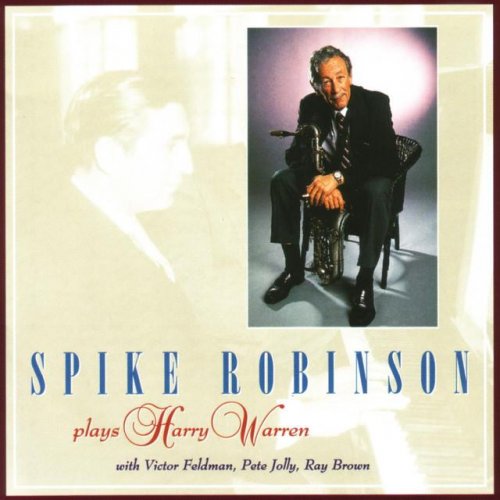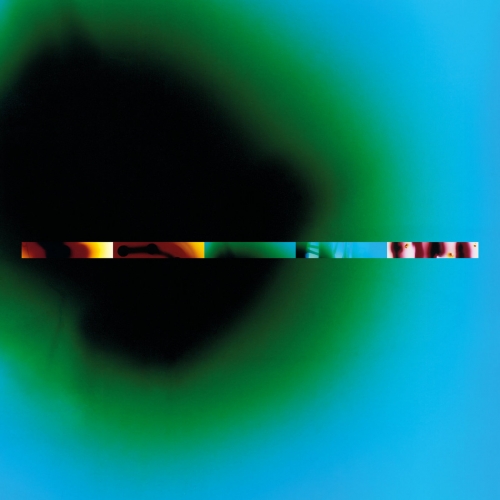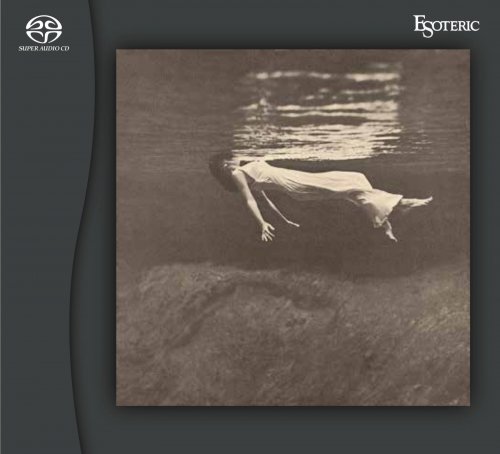Chris Potter - Moving In (1996) FLAC
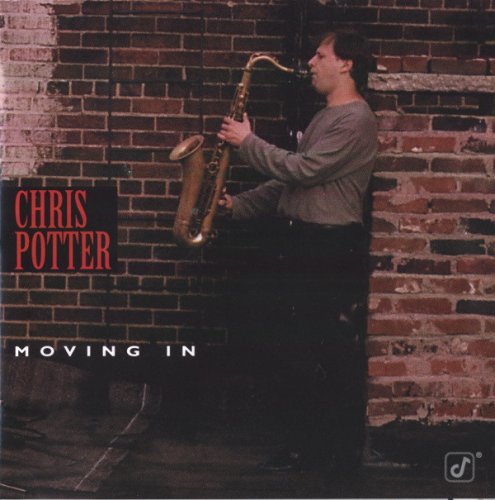
Artist: Chris Potter
Title: Moving In
Year Of Release: 1996
Label: Concord Records
Genre: Jazz
Quality: FLAC (tracks + .cue)
Total Time: 01:10:00
Total Size: 436 MB
WebSite: Album Preview
Tracklist:Title: Moving In
Year Of Release: 1996
Label: Concord Records
Genre: Jazz
Quality: FLAC (tracks + .cue)
Total Time: 01:10:00
Total Size: 436 MB
WebSite: Album Preview
01. Nero's Fiddle [08:03]
02. Book Of Kells [08:22]
03. Moving In [06:34]
04. A Kiss To Build A Dream On [07:25]
05. Rhubarb [07:29]
06. South For The Winter [07:22]
07. The Forest [07:42]
08. Pelog [05:18]
09. Chorale [04:56]
10. Old Faithful [06:26]
Post-bop saxophonist Chris Potter quietly became one of the more sophisticated and respected stylists of the '90s and early 2000s, both as a leader and as a sideman in several prominent groups. Born in Chicago on New Year's Day 1971, Potter grew up mostly in Columbia, South Carolina, and started playing piano as a child. He took up the alto saxophone at age ten, initially inspired by Paul Desmond and Johnny Hodges, and went on to learn tenor and soprano sax, bass clarinet, and flute as well; by 13, he was performing professionally. At age 18, he moved to New York to attend the Manhattan School of Music, and quickly joined veteran bop trumpeter Red Rodney's quintet, with which he performed until Rodney's death in 1994. Meanwhile, he started playing on the side with Jazz Mentality and John Hart in 1992, and at the end of the year cut his first album as a leader, Presenting Chris Potter, for the Dutch Criss Cross label. In early 1993, he guested on Marian McPartland's In My Life on Concord Jazz, which led to a deal of his own with the label; despite their generally mainstream output, they promised the more adventurous Potter full creative control.
Potter's first album to achieve widespread release in the U.S. was his Concord debut, Concentric Circles, and it received generally excellent reviews, marking him as a name to watch. Gigs with Paul Motian, Renee Rosnes, John Patitucci, and Steely Dan's reunion tour raised his profile over the next two years, and he cut two more dates for Concord in 1994: Pure and a duo album with onetime instructor Kenny Werner. In addition to keeping up his associations with Motian and Jazz Mentality, Potter went on to play with the Mingus Big Band (which helped his stock rise even higher) and Steve Swallow, and completed another album, Moving In, in 1996. The following year's Unspoken really started to make Potter's name as a solo artist, hauling out a big-time rhythm section of guitarist John Scofield, bassist Dave Holland, and drummer Jack DeJohnette.
Unfortunately, Potter subsequently suffered a bout with Meniere's disease, a recurring condition that eroded much of the hearing in one ear. It didn't prevent him from continuing his career, though, and his next solo offering, 1998's Vertigo, consolidated his growing critical goodwill; it also found him leading his own quartet, anchored by bassist Scott Colley. That same year, Potter took on two of his most important side gigs: he joined Dave Holland's acclaimed quintet, and also began playing with fast-rising trumpet star Dave Douglas. For the next few years, Potter concentrated mostly on playing and touring with those artists, as well as Motian and Jim Hall; he was also nominated for a Grammy thanks to his solo work on "In Vogue," a track from Joanne Brackeen's 1999 album Pink Elephant Magic. In 2000, Potter was named the recipient of Denmark's prestigious Jazzpar Prize, making him the youngest person ever to win the award. He was also heavily featured on Steely Dan's Grammy-winning comeback album Two Against Nature, all of which gave him his widest exposure yet.
In its wake, he left Concord Jazz to sign with Verve, and offered his label debut with 2001's Gratitude, a widely acclaimed album paying tribute to past saxophone greats. At this point, his quartet included Colley, keyboardist Kevin Hayes, and drummer Brian Blade; Blade was replaced by Bill Stewart for the 2002 follow-up Traveling Mercies and Lift: Live at the Village Vanguard, the latter of which appeared in 2004 on Sunnyside. A new band with guitarist Wayne Krantz, keyboardist Craig Taborn, and drummer Nate Smith was introduced on the 2006 release Underground. Song for Anyone appeared in 2007, featuring a new quartet and a pair of string players. He appeared as part of Motian's trio on 2010's Lost in a Dream, and led the NDR Bigband on Transatlantic for EMI in 2011.
In early 2013, Potter made his debut as a leader for ECM on the album Sirens. His compositions for the set were inspired by episodes in Homer's epic poem The Odyssey. His quintet for the date included Taborn (piano), David Virelles (prepared piano, celeste, harmonium), Larry Grenadier (double bass), and Eric Harland (drums). The saxophonist expanded the reach of his Underground quartet for 2015's Imaginary Cities. In addition to its original lineup, Potter added two bass players and a string quartet. The album was credited to the Chris Potter Underground Orchestra. Zea, a live recording with Hungarian ethno-jazz group Mihály Dresch Quartet, arrived in 2017. Potter also delivered his third leader date for ECM that year. Recorded at New York's Avatar Studios with producer Manfred Eicher, the saxophonist's sidemen included pianist David Virelles, drummer Marcus Gilmore, and bassist Joe Martin -- all ECM veterans who deliver a rhythm-heavy sound. The quartet developed the six new tunes and worked out charts over a few days in Switzerland before coming to North America to record. Entitled The Dreamer Is the Dream, the album was issued at the end of April 2017. ~ Steve Huey
Potter's first album to achieve widespread release in the U.S. was his Concord debut, Concentric Circles, and it received generally excellent reviews, marking him as a name to watch. Gigs with Paul Motian, Renee Rosnes, John Patitucci, and Steely Dan's reunion tour raised his profile over the next two years, and he cut two more dates for Concord in 1994: Pure and a duo album with onetime instructor Kenny Werner. In addition to keeping up his associations with Motian and Jazz Mentality, Potter went on to play with the Mingus Big Band (which helped his stock rise even higher) and Steve Swallow, and completed another album, Moving In, in 1996. The following year's Unspoken really started to make Potter's name as a solo artist, hauling out a big-time rhythm section of guitarist John Scofield, bassist Dave Holland, and drummer Jack DeJohnette.
Unfortunately, Potter subsequently suffered a bout with Meniere's disease, a recurring condition that eroded much of the hearing in one ear. It didn't prevent him from continuing his career, though, and his next solo offering, 1998's Vertigo, consolidated his growing critical goodwill; it also found him leading his own quartet, anchored by bassist Scott Colley. That same year, Potter took on two of his most important side gigs: he joined Dave Holland's acclaimed quintet, and also began playing with fast-rising trumpet star Dave Douglas. For the next few years, Potter concentrated mostly on playing and touring with those artists, as well as Motian and Jim Hall; he was also nominated for a Grammy thanks to his solo work on "In Vogue," a track from Joanne Brackeen's 1999 album Pink Elephant Magic. In 2000, Potter was named the recipient of Denmark's prestigious Jazzpar Prize, making him the youngest person ever to win the award. He was also heavily featured on Steely Dan's Grammy-winning comeback album Two Against Nature, all of which gave him his widest exposure yet.
In its wake, he left Concord Jazz to sign with Verve, and offered his label debut with 2001's Gratitude, a widely acclaimed album paying tribute to past saxophone greats. At this point, his quartet included Colley, keyboardist Kevin Hayes, and drummer Brian Blade; Blade was replaced by Bill Stewart for the 2002 follow-up Traveling Mercies and Lift: Live at the Village Vanguard, the latter of which appeared in 2004 on Sunnyside. A new band with guitarist Wayne Krantz, keyboardist Craig Taborn, and drummer Nate Smith was introduced on the 2006 release Underground. Song for Anyone appeared in 2007, featuring a new quartet and a pair of string players. He appeared as part of Motian's trio on 2010's Lost in a Dream, and led the NDR Bigband on Transatlantic for EMI in 2011.
In early 2013, Potter made his debut as a leader for ECM on the album Sirens. His compositions for the set were inspired by episodes in Homer's epic poem The Odyssey. His quintet for the date included Taborn (piano), David Virelles (prepared piano, celeste, harmonium), Larry Grenadier (double bass), and Eric Harland (drums). The saxophonist expanded the reach of his Underground quartet for 2015's Imaginary Cities. In addition to its original lineup, Potter added two bass players and a string quartet. The album was credited to the Chris Potter Underground Orchestra. Zea, a live recording with Hungarian ethno-jazz group Mihály Dresch Quartet, arrived in 2017. Potter also delivered his third leader date for ECM that year. Recorded at New York's Avatar Studios with producer Manfred Eicher, the saxophonist's sidemen included pianist David Virelles, drummer Marcus Gilmore, and bassist Joe Martin -- all ECM veterans who deliver a rhythm-heavy sound. The quartet developed the six new tunes and worked out charts over a few days in Switzerland before coming to North America to record. Entitled The Dreamer Is the Dream, the album was issued at the end of April 2017. ~ Steve Huey
![Jeremy Pelt - Our Community Will Not Be Erased (2026) [Hi-Res] Jeremy Pelt - Our Community Will Not Be Erased (2026) [Hi-Res]](https://www.dibpic.com/uploads/posts/2026-02/1771945030_folder.jpg)
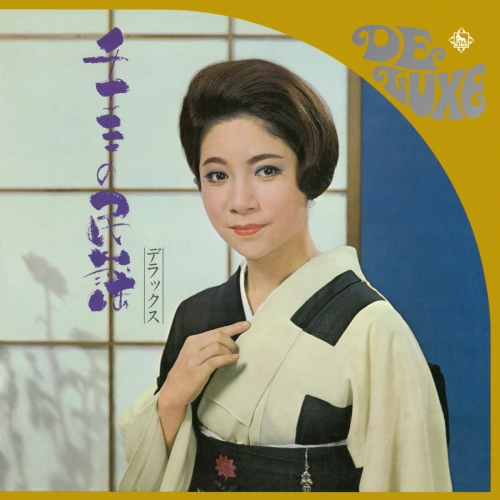
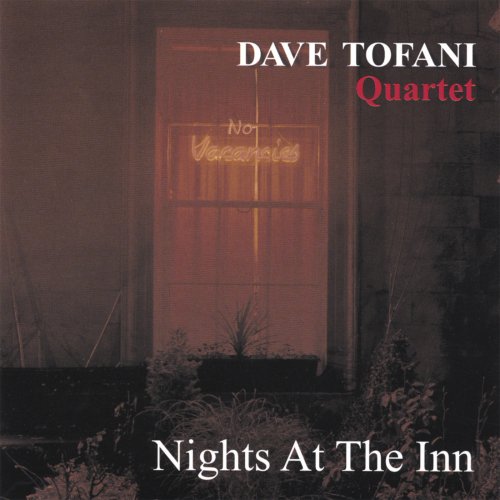
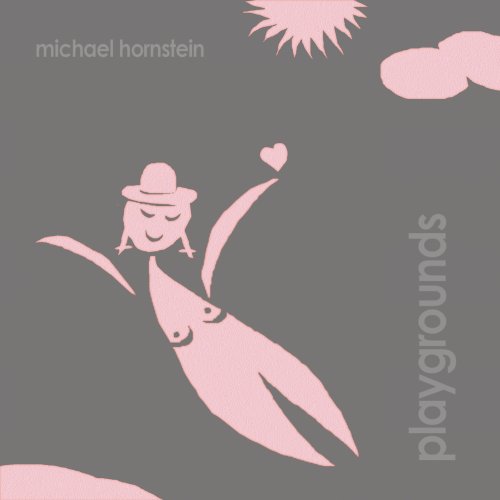
![Ex Novo Ensemble - OSVALDO COLUCCINO: Emblema (2018) [Hi-Res] Ex Novo Ensemble - OSVALDO COLUCCINO: Emblema (2018) [Hi-Res]](https://img.israbox.com/img/2026-02/22/ot6pocjri3hisq06iz4768yl5.jpg)
![Sinedades - De par en par (2026) [Hi-Res] Sinedades - De par en par (2026) [Hi-Res]](https://img.israbox.com/img/2026-02/23/k9xyrl2p7m3kmcwozolhfnu7a.jpg)
